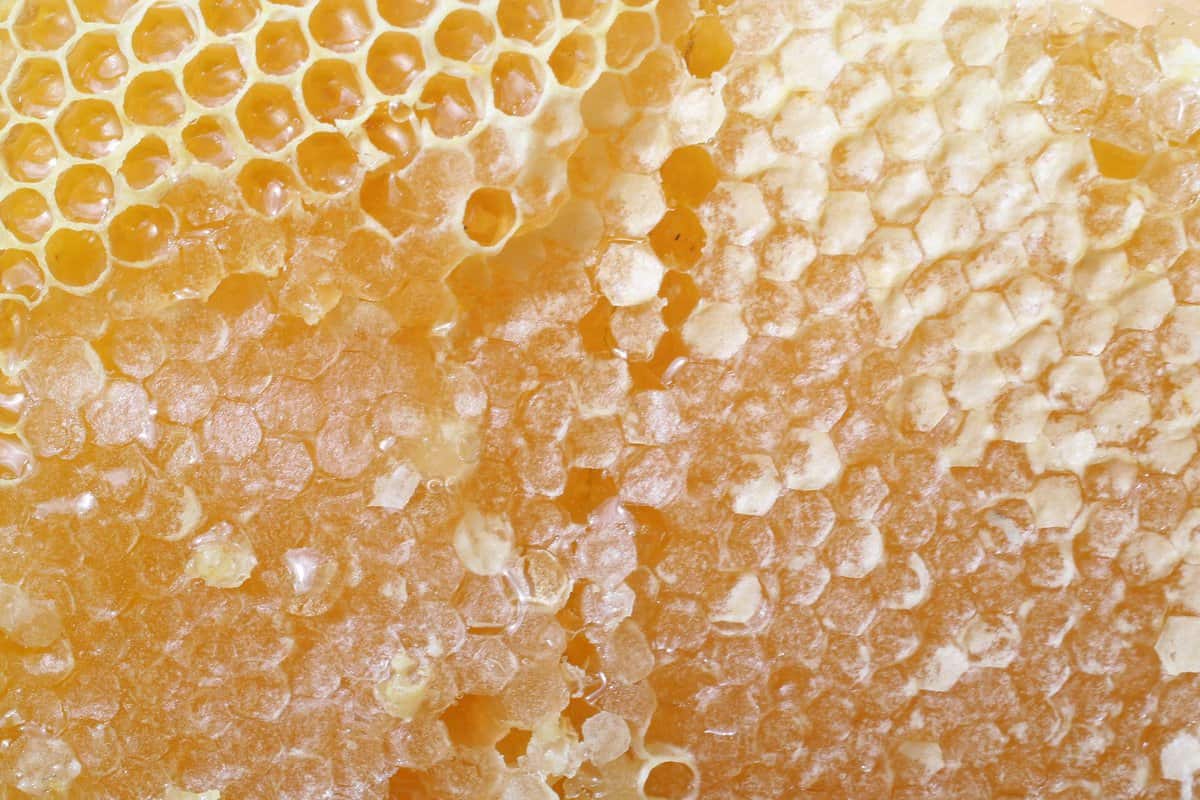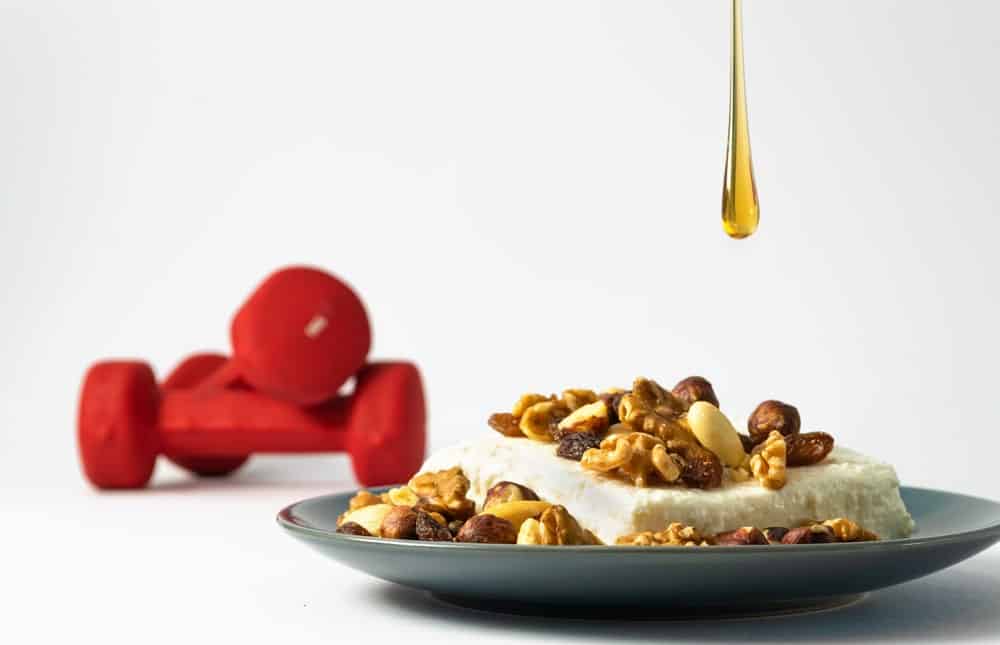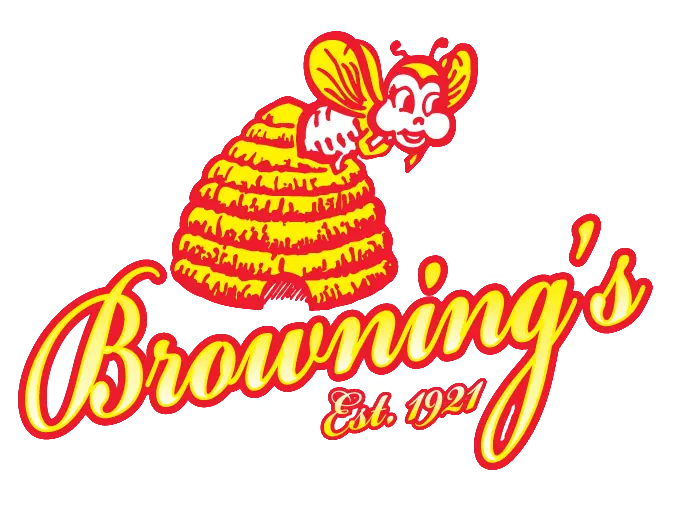5 Common Bee Diseases and How Beekeepers Prevent Them
February 17, 2026

September 27, 2025

When you think about fueling your workouts or recovering from exercise, honey might not be the first thing that comes to mind. However, this golden superfood has been used for centuries as both a source of nourishment and a natural medicine. Whether you enjoy weekend jogs, hit the gym weekly, or simply want to improve your overall wellness, honey can play a surprisingly powerful role in supporting your health and fitness routine.
Honey is rich in natural sugars (mainly glucose and fructose), which your body absorbs quickly for an instant energy boost. Unlike refined sugar, honey also provides trace vitamins, minerals, and antioxidants to help you stay fueled without the crash. Many athletes use honey before or during workouts as a clean, natural carbohydrate source.
Try adding a spoonful of honey to warm water, tea, or a smoothie about 30 minutes before exercise for sustained energy.
After a tough workout, honey can help your body:
Replenish Glycogen — Honey provides carbohydrates that are quickly converted to glucose to efficiently restore glycogen, the primary fuel source used during exercise.
Repair Muscles — The combination of honey’s sugars with a protein source, such as a shake, yogurt, or handful of nuts, can increase the delivery of amino acids to muscles, prompting muscle protein synthesis for faster repair and growth.
Reduces Inflammation and Soreness — The antioxidants in honey have anti-inflammatory properties that can help decrease post-exercise inflammation and reduce soreness.
Supports Immune Function — Strenuous workouts can temporarily suppress the immune system. Honey’s antimicrobial and antioxidant properties can help support a healthy immune response.
Raw honey has no additives, making it a cleaner option for athletes who prefer whole-food fueling. It can be just as effective as commercial sports gels in improving endurance and maintaining blood sugar during prolonged exercise. Consider using manuka honey as it has a rich nutritional profile and potential benefits for muscle recovery.
Beyond exercise, honey supports long-term health:
Immune System Boost — Its antibacterial and antimicrobial properties can help you fight off illness.
Digestive Aid — Raw honey can act as a prebiotic, providing food for the beneficial bacteria in your gut, which can promote gut health, help with nutrient absorption, and soothe digestive discomfort.
Better Sleep — A small spoonful before bed can help regulate blood sugar and encourage restful sleep, which is crucial for recovery and performance.
Vitamins and Minerals — Honey provides small amounts of various vitamins and minerals, including B vitamins, calcium, magnesium, and potassium, which are all essential for muscle function, nerve signaling, and hydration.
Lower Blood Sugar Levels — Replacing refined sugar with honey can lead to a slower rise in blood sugar levels, as it offers nutrients and has a lower glycemic index.
Helps Your Heart — Honey may reduce cholesterol levels and improve blood pressure, potentially lowering the risk of heart disease.
Aids in Wood Healing — Honey’s antibacterial and antiseptic properties promote wound healing and reduce the risk of infection. It can be used to treat burns, as well as acne and other skin conditions.
Helps Suppress Coughs — Honey can be used to help suppress coughing and soothe sore throats when sick.
Helps with Seasonal Allergies — Local honey may help reduce seasonal allergy symptoms, which can benefit outdoor athletes.
If you want to add honey to your diet, consider:

While honey is healthy, it’s still calorie-dense. About one tablespoon has 60 calories, so it should only be consumed in moderation as part of a balanced diet. Think of it as a performance enhancer or recovery aid — not something to overdo.
People with diabetes should monitor blood sugar closely and consult a healthcare professional before making honey a daily staple.
Honey isn’t just a sweet treat — it’s a natural performance enhancer, recovery aid, and immune supporter. When used in moderation, it can be a valuable addition to a healthy diet and active lifestyle. So, next time you need a quick boost before a workout or a gentle way to recharge afterward, consider skipping the sports drinks and reaching for nature’s original energy gel: honey.
9019 N 5 E
Idaho Falls, Idaho 83401
1475 S Holmes Ave.
Idaho Falls, ID 83404
(On S Holmes between 14th and 15th Street)
| Monday | 9:00 AM - 5:00 PM |
|---|---|
| Tuesday | 9:00 AM - 5:00 PM |
| Wednesday | 9:00 AM - 5:00 PM |
| Thursday | 9:00 AM - 5:00 PM |
| Friday | 9:00 AM - 5:00 PM |
| Saturday | 10:00 AM - 4:00 PM |
| Sunday | CLOSED |
© 2026 Browning's Honey | All Rights Reserved | Privacy Policy | Terms | XML Sitemap | Sitemap | Accessibility | Anti Discrimination | Site by PDM
Your cart is currently empty!
